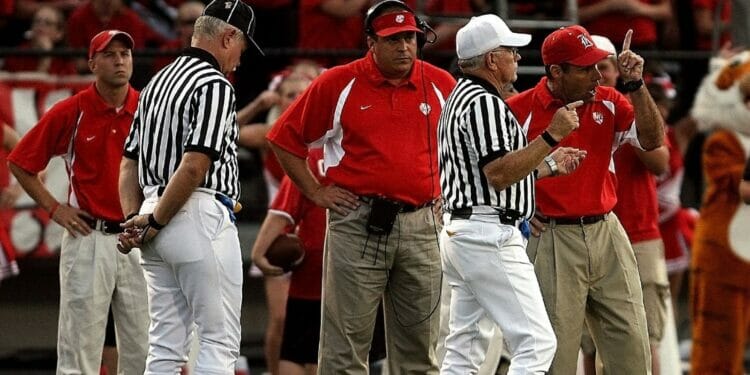There’s an accepted assumption within sports that the best coaches must have been good players, relying on tried-and-tested ideas that revolve around their knowledge on the pitch, translating to them being effective coaches.
This is not true, though, and in this article, we’ll challenge this assumption and examine why we think great coaches don’t need to have been the best players. Without further ado, here are some of the most impressive coaches of the decade across various sports who weren’t great players.
Why Are Some People Better Coaches Than Players?
Although we know deep down that it isn’t always the case, there’s a general assumption that the best coaches need to have been good players, no doubt because it’s been drilled into us over the years. The skillset needed to become an excellent coach differs from that of a player, despite some noticeable overlap. The knowledge needs to be there, but the skills differ.
A good coach needs to be able to analyze the performance of the players they’re managing and lead them and look at the bigger picture from a strategic point of view. The link to them needing to be good players comes from the pressure aspect, with many outside of the sporting world not being able to understand what motivates players and how they operate.

That being said, the role of a coach differs from what we expect from a player. Players are often self-motivated and are driven by their pursuit of success, often putting the team second – that’s natural, and there’s nothing wrong with that. A coach needs to be a team player, relying on others for their visions to come true, no matter how good their tactics and game strategy might be.
Despite tactics and strategy being vitally important, there’s much more to being a great coach than just that. Man management is essential, as is knowing how to get players into the right mindset to perform at the top level and looking at various triggers and motivations. They often need to act as role models and parental figures, which isn’t easy.
Which Not-So-Great Players Have Become Great Coaches?
We’re not here to say that there haven’t been excellent players that have become just as amazing coaches, but that isn’t the be-all and end-all. There are numerous examples, both inside and outside of football, of coaches that have been able to become better after ending their playing careers, if they even played professionally at all. Here are some of our favorite sporting examples!
Bill Belichick
Bill Belichick is a prime example of a top coach who was not a star sports player. In case you’re unaware, Bill Bellichick is the head coach of the New England Patriots, where he’s been in charge for over two decades. Although he played a lot of football during his high school and college career, he was never a star player, which meant that he never made it as a professional.
Despite never playing as a professional football player in the NFL, Belichick is one of the best coaches in the history of football – this isn’t something that can be easily disputed. With an insane six Superbowl titles to his name as head coach, which he could easily add to, Belichick is highly successful and loved by supporters. Despite being in his 70s, he’s very current with tactics and strategy.
Gregg Popovich
Another very good example of a high-performing coach who was never a great player is Gregg Popovic, the current president and head coach of the San Antonio Spurs, who play in the National Basketball Association (NBA). Although he did play for a period for the Air Force Academy, he never made it as a professional player and didn’t do much to stand out, in all fairness to him.

However, his time as a coach is an entirely different story and has put him on the map. Popovic has been with the Spurs for almost three decades, during which time he’s won the NBA Championships six times and the NBA Coach of the Year award three times, cementing his place as one of basketball’s greatest and most successful coaches. Can you think of anyone more iconic?
Arsène Wenger
One example of a successful soccer coach who was not a great player is Arsène Wenger. Wenger played soccer at a semi-professional level in France, but he was never a standout player. After retiring, he became one of the world’s most successful and respected coaches. He led Arsenal to three Premier League titles and seven FA Cup victories, often punching well above their weight.
What Do We Think About The Topic?
While playing experience can undoubtedly be helpful for coaches, it’s definitely not a requirement. What’s more important is the ability to strategize, motivate, and lead a team. These skills can be developed through a variety of experiences, both on and off the field, and are what ultimately lead to successful coaching careers.







